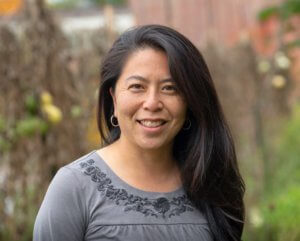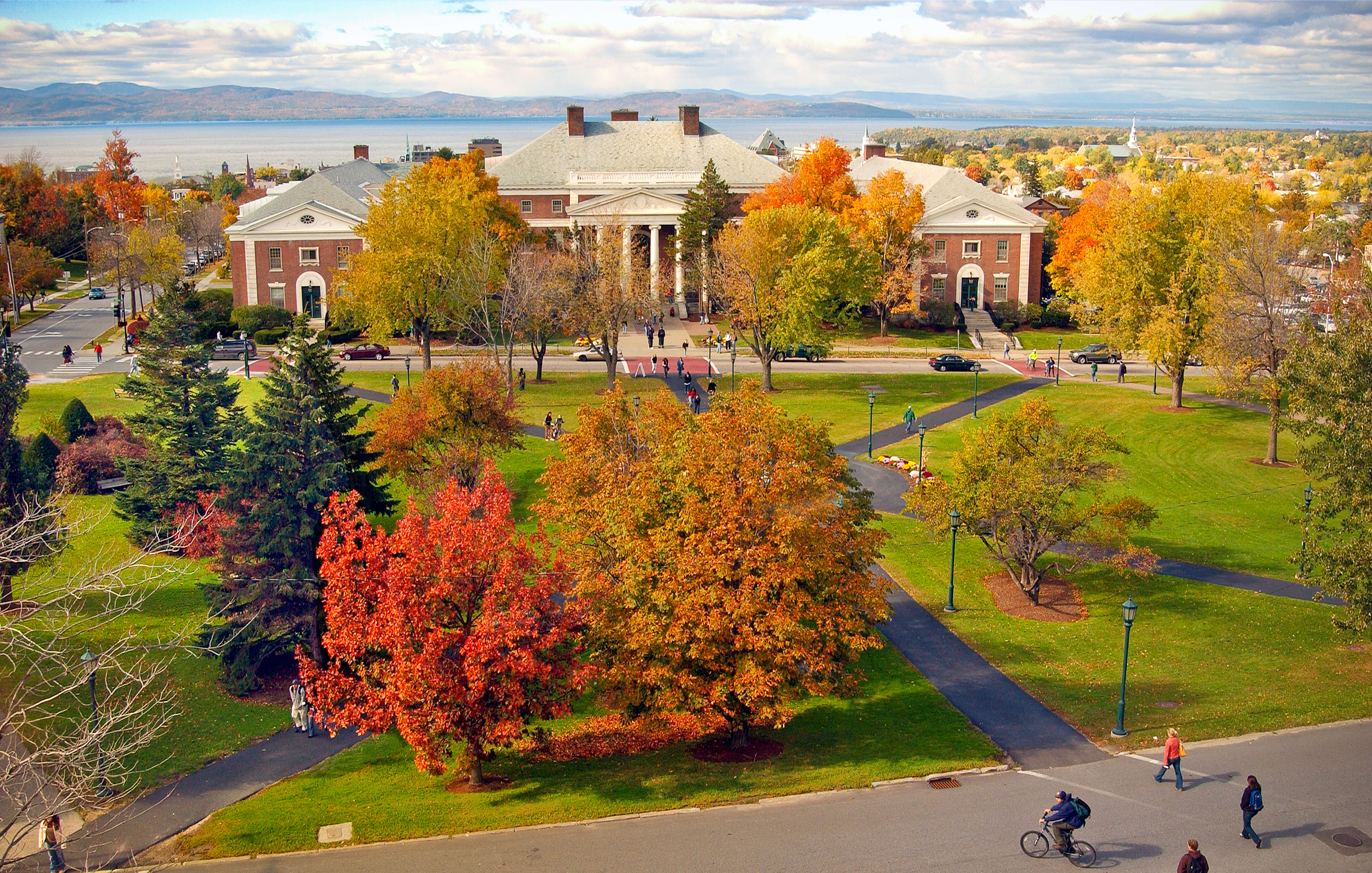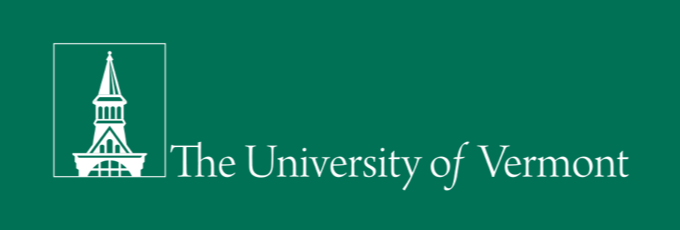As a top 100 public research university in the US, it makes sense that the University of Vermont (UVM) – or “Universitas Viridis Montis,” Latin for “University of the Green Mountains” – is at the forefront of exciting research developments with their innovative graduate and doctoral programmes. In particular, their courses on sustainable agriculture, plant genomics, agroecology and food systems are timely given the climate crisis our world is facing now.
Food Systems PhD candidate and Switzer Fellow Luis Alexis Rodriguez-Cruz’s research touches upon Puerto Rican farmers’ adaptations to climate change, a topic he pursued after Hurricane Maria hit his Puerto Rico home just after he moved to Vermont and began the PhD course.
“I was interested in pursuing graduate studies in a field that focused in agrifood systems. Everything being connected applies even more when we are trying to understand issues that affect our food systems,” explains Rodriguez-Cruz, adding that UVM’s Food Systems programme has a great balance regarding disciplinary frameworks.

Food Systems PhD Candidate Luis Rodriguez-Cruz
Indeed, UVM may have struck the right formula: their strategic Burlington location allows their students to enjoy both a college town as well as a technology and innovation hub. Associate Professor Dr. Meredith T. Niles in the Department of Nutrition and Food Sciences agrees: “There is a lot of food entrepreneurship and a huge vibrant community centred around increased food access here that I don’t think you see as much in other places.”
Throw in 57 master’s, 36 accelerated master’s and 27 doctoral programme — and the chance to be closely mentored — and you can see why the fully-accredited UVM offers just the right environment and size for 1,709 graduate students with various interests and preference for personalised attention.
That is exactly what Rodriguez-Cruz appreciates so much about UVM: “The student-advisor relationship is very important to succeed in graduate school. Dr. Niles and I have an extraordinary relationship and her unconditional support keeps me going.”
In Rodriguez-Cruz’s programme, students are trained to become adaptable solvers and systems thinkers when it comes to complex problems of contemporary food systems like building climate change resilience and fair labour practices. The curriculum’s diverse research methods, thinking approaches and community engagement consistently inspire and motivate these students to partake in experiential learning within the field and laboratory.

Source: University of Vermont
Meanwhile, the Certificate of Graduate Study in Agroecology – offered by the Plant and Soil Science Department at the College of Agriculture and Life Sciences (CALS) – is a 15-credit programme in learning how to sustainably transform the agrifood system through merging economic, social and ecological perspectives. Based on the Participatory Action Research concept, students undertake a combination of online foundational classes, capstone course and a final week spent on a real-life farm.
Agroecology students can enjoy easy access to top academic experts as well. For example, Professor of Agroecology and Environmental Studies V. Ernesto Méndez and Associate Professor Yolanda Fanslow Chen both work at this department, with particular interests in agroecology and insect ecology.

Associate Professor Yolanda Fanslow Chen
What is more, such students can expect to receive generous funding projects. The newest funding — USDA AFRI Foundational grant from the Pests and Beneficial Species in Agricultural Production Systems program (US$683,490) — will enable the Insect Agroecology and Evolution Lab to study the role of epigenetics in the evolution of insecticide resistance in the Colorado potato beetle, a major pest of potatoes. This will pave the way for a doctoral student to be included in the research.
Furthermore, as a nod to this department’s prowess, Dr. Chen, together with Plant and Soil Science PhD student Erika Bueno, has won the prestigious 2020 Gilliam Fellowship for Advanced Study by the Howard Hughes Medical Institute, becoming UVM’s first-ever student-advisor pair to receive this award.
Elsewhere at CALS, plant genomics is becoming a popular PhD research topic, where students can study under Associate Professor Dr. Eric Bishop von Wettberg whose passionate work focuses on root systems in chickpeas and other legumes to better understand the relationship between crops and carbon. Responsible for managing the Crop Genetic Heritage Laboratory, Dr. von Wettberg is well-known for his research on tuberous legumes which is encapsulated in a collaboration project with the UVM Centre on Sustainable Agriculture.
The Rubenstein School of Environment and Natural Resources offers equally outstanding master’s and doctoral research programmes related to water conservation and the Water Innovation for the Future initiative.
Finally, like any other stellar research universities, UVM provides superb specialised facilities including four research farms supporting animal and dairy science, horticulture, and maple research, and experiential learning opportunities such as internship, research projects and study abroad trips.
Rodriguez-Cruz sums up UVM best: “Participating in fellowships and out-of-Vermont activities has been pivotal in further developing my creative and non-academic interests and skills as well as strengthening my self-confidence as a scientist.”
Follow the University of Vermont on Facebook, Twitter, YouTube, Instagram and LinkedIn











